What is vegan?
A vegan is a person who refrains from consuming any animal products for the sake of environment or health. As a vegan, one completely abstains from consuming, using, or exploiting animals as much as realistically possible. Vegans refrain from consuming eggs, pork, beef, chicken, and meat of any animal or dairy products, milk- based food such as cheese and butter, or purchasing items that were made from or tested on animals. This could also involve clothing, personal care products, shoes, accessories, and household goods. Some vegan also start avoiding medications or immunizations that use animal byproducts. They believe that to obtain these products animals were subjected to cruelty and murder. Empathy towards animals is not the only reason for going vegan, for many it remains a great opportunity to improve their diet.
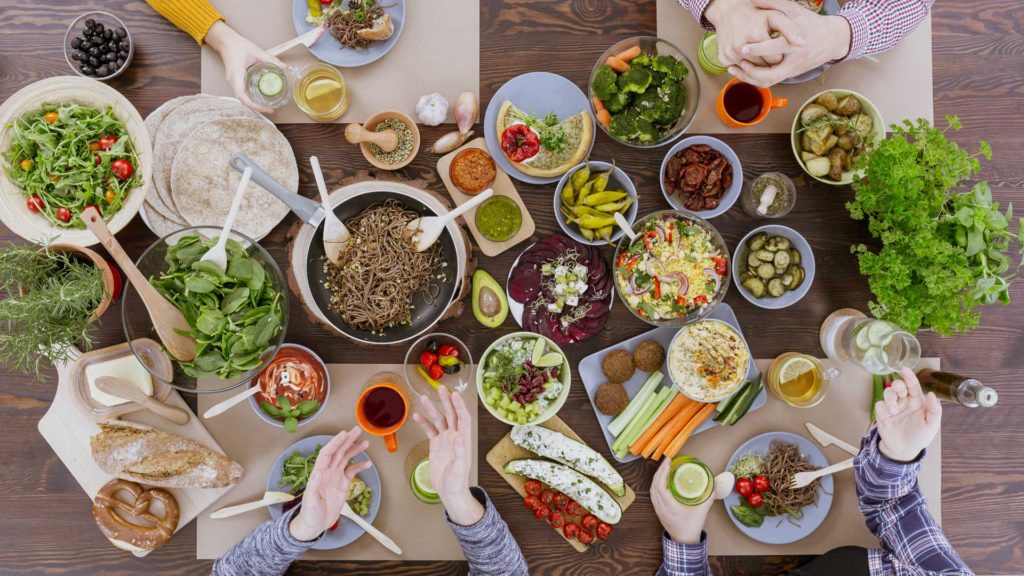
If I go vegan, how do I ensure I am getting enough Vitamins & Minerals?
Since vegans abstain from consuming the food products that come from animal sources, it becomes important for them to find substitutes for the nutrients commonly understood to be present only in animal-based products. Let us study how vegans fortify their diet with plant-based substitutes.
Vitamin B 12: About 40% of the population worldwide suffers from B12 deficiency. Vegans (1-2% of total population) also encounter a similar deficiency.
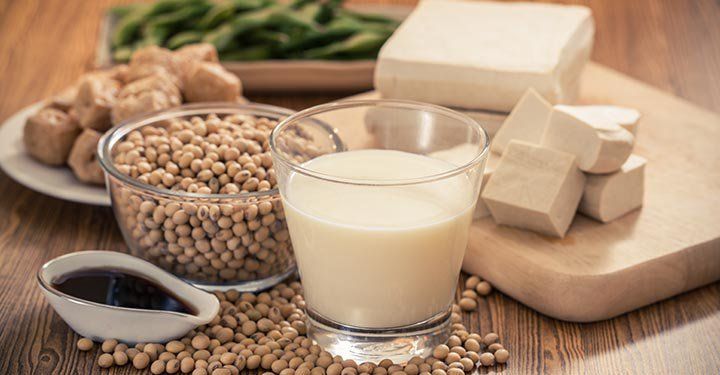
Vegans have very limited sources of supplements for vitamin B 12. Low B 12 intakes cause anaemia, nervous system damage, heart diseases and pregnancy complications. As vegans are health conscious community, they add plant-based foods, fortified with vitamin B12 like plant-based milks, soy products like soy milk, tofu, and fortified breakfast cereals to their diet. Plant-based milks and plant-based milk products are available in the market, and can be produced at home as well. Yet, what vegans need to consciously watch out for is that the consumption of B 12 is enough to avert health risks.

Omega-3 Fatty Acids: These are essential for heart health and fighting off inflammation. are important for brain and visual development in children. Deficiency of this nutrient may lead to developmental disabilities, stalled visual development, and cognitive aging. Most people, irrespective of their food choices, do not get enough of this. Vegans too, need to ramp up their intake of omega-3 fats to help them give their body the nutrition it needs. Here are a few plant-based sources of Omega-3 fatty acids that are richer than a salmon (commonly understood as the only source).
Flax delivers more ALA omega-3 fatty acids than any other food on the planet. 30 grams of walnuts contains 2.7g of omega-3 fats, which is more than double the daily recommendation for women. Seaweed, spirulina, nori and chlorella are all forms of algae that are rich in omega-3 fats.
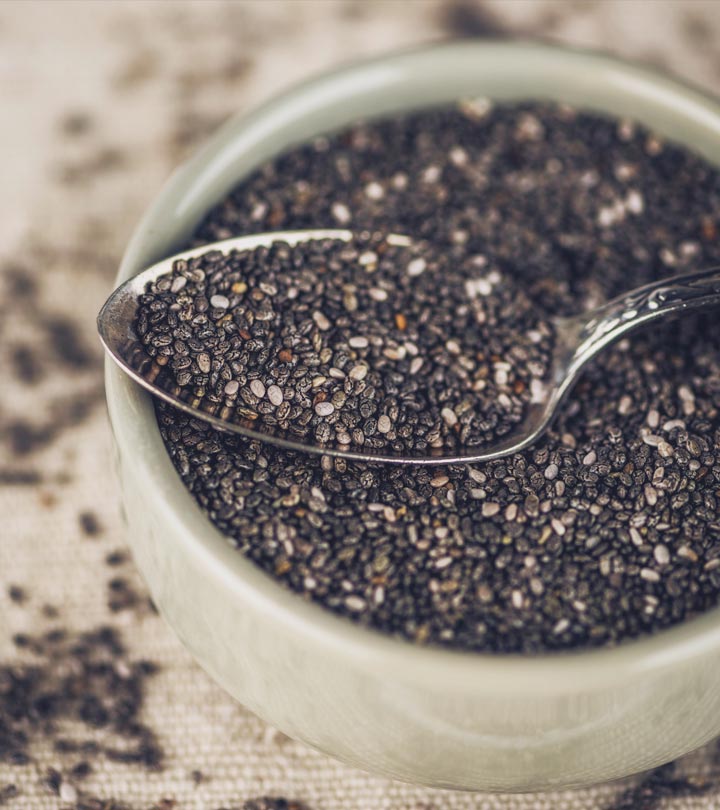
One tablespoon of canola oil contains 1.28g of omega-3’s, which is more than a day’s serving for women. A three tablespoon serving of hemp seeds contains more than half of your daily omega- 3 needs. Then there are kidney beans, although lower sources of plant-based omega-3’s, they are common part of diet in many countries. Chia seeds have become a popular superfood in recent years. 30 gram of chia seeds is packed with almost half of our daily fiber needs, protein, and is an excellent vegan source of calcium.
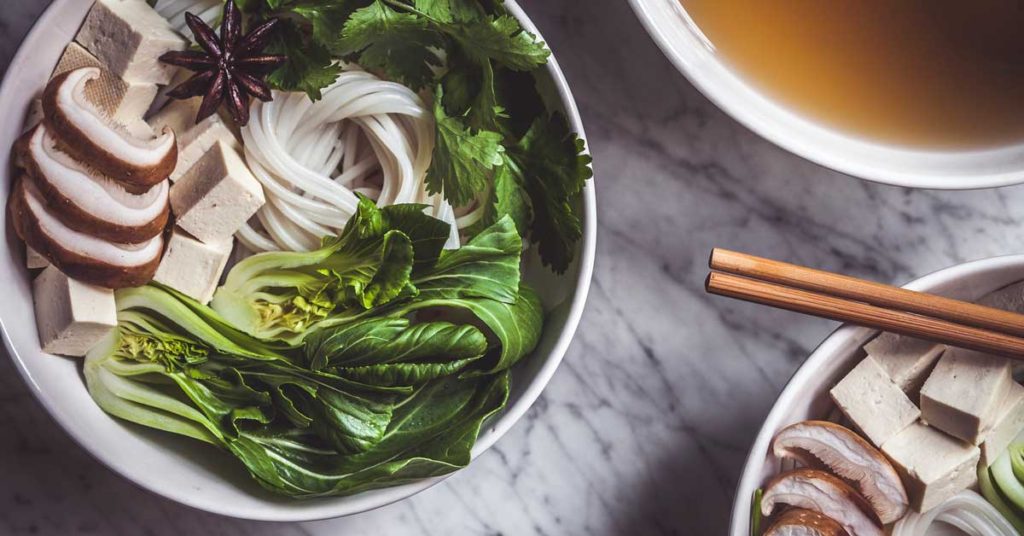
Calcium: Besides a vital nutrient for the upkeep of bones and strong teeth, calcium is also essential for nervous system, blood clotting and controlling the muscles. TV commercials make us believe that dairy is the only solution for our bone health. While dairy products do contain a lot of calcium, they are by far not the only option. There are several vegan-friendly sources of calcium. And NO, vegans do not lack calcium because they don’t drink cow’s milk!
Soybean is the richest source of calcium for vegans. Just one cup of cooked soybeans provides about 20% of an adult’s daily requirement. Vegans can add as much beans and peas to their meals, for a good calcium intake.
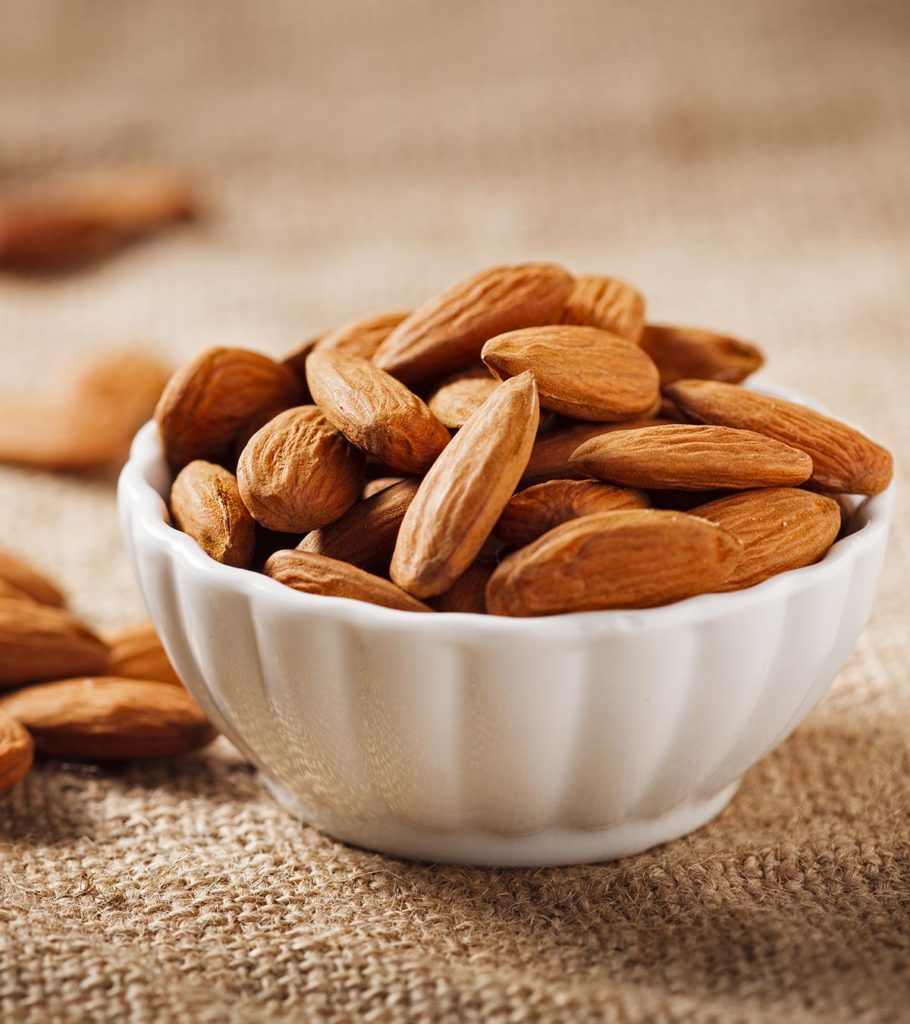
One of the absolute best options for high-calcium food is almonds. Seeds are another great source. They can be easily added to the regular meals. There are tons of really dark vegetables that are rich in calcium. Turnip greens, bok choy, broccoli, collard greens, kale, and mustard greens, are just a few that you’ll easily find at a vegetable kiosk near you.
Overall, fruit is not a great source, but there are some that you can account for each day. Orange juice is one of the better options, not just for the vitamin boost and the fact that it helps with iron absorption. A glass of fresh orange juice can provide about 50 mg of calcium. Some like to eat figs as a single fig contains about 2% of your RDI.
Then there are fortified foods! Calcium-set tofu, plant milk like almond, and soy milk that are fortified with minerals.

Follow the next article to know more about Vegan choices!